Electric car vs gas car: Shifting as an evolution
Electric car vs. gas car - such a controversial issue! Consider taking the plunge soon? Please refer to the text below as maybe it can give some tips to help you make a decision.
Introduction
Countries worldwide are finding ways to reduce emissions and toxins into the environment. As a result, it has spurred more research into electric vehicles. Because basically, electric cars use an electric motor for riding instead of using an internal combustion engine. There have been dozens of models launched in just a few years, with diverse and fashionable designs suitable for all ages.
If you are still in doubt between the two, the below assessments of electric and conventional vehicles can be helpful before concluding.
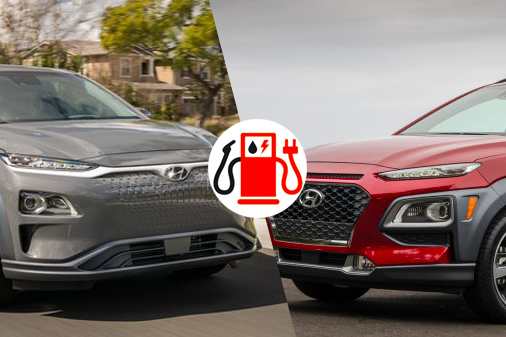
Types of Electric Vehicles
With the competition heating up, the latest advances in the electric car industry are becoming increasingly robust and fast, all of which add value to consumers. Whether it's the primary vehicle or the secondary vehicle, today's shoppers have never had so many options. There are three types of EVs for you to choose from:
Battery Electric Vehicles
Battery Electric Vehicles (BEV) are powered by a fully electric engine and can be recharged with batteries. Some cars you can take into account in this segment are Honda Clarity, Tesla Model S, Tesla Model X, BMW i3, and Chevy Bolt.
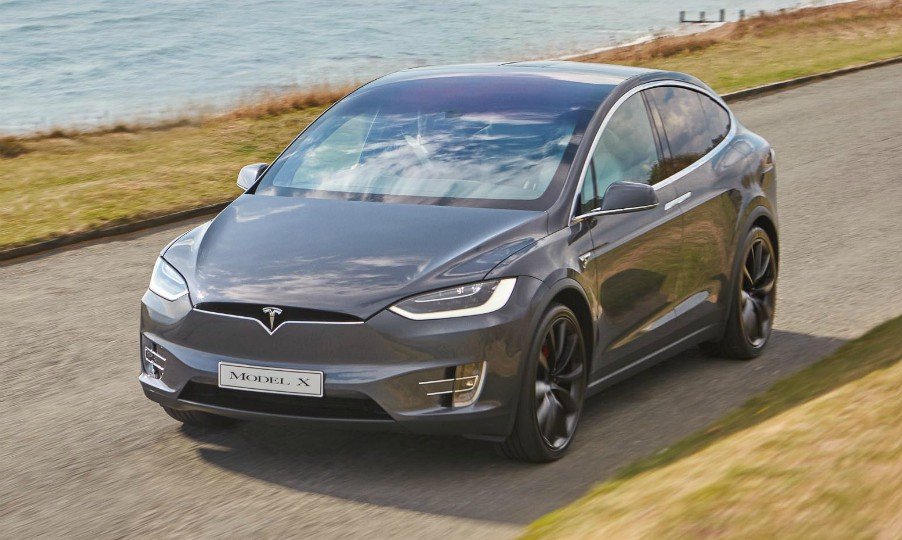
Tesla Model X
Plug-in Hybrid Electric Vehicles
Plug-in Hybrid Electric Vehicle (PHEV) applies regenerative braking operation or external power source to recharge the battery. The latest technology allows 80% full charge in just 40 minutes.
They can travel 10-40 miles without the aid of a gasoline engine. Land Rover Plug-in Hybrid, Hyundai Sonata PHEV, or Toyota Prius Plug-in are the three most sold products in this segment.
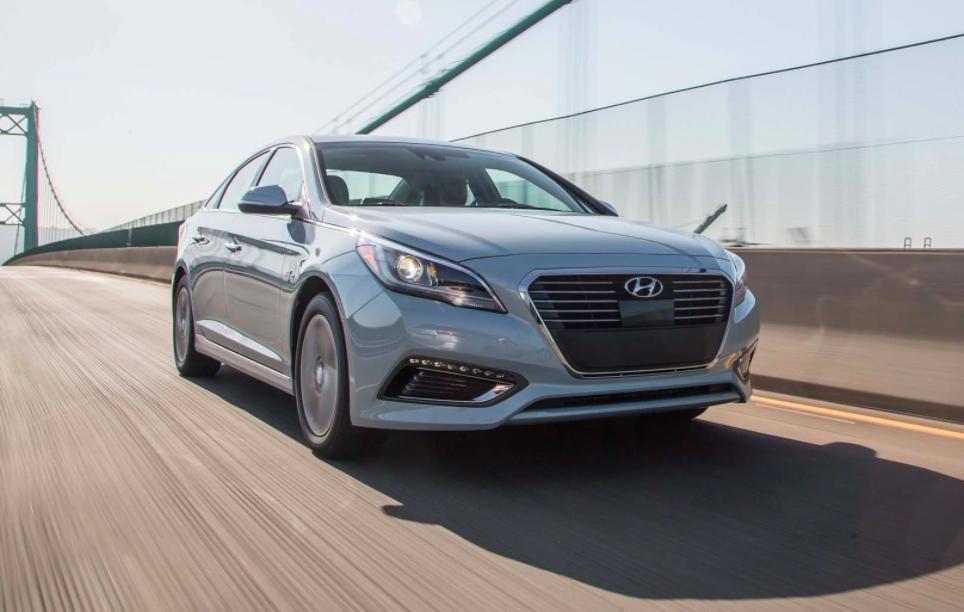
Hyundai Sonata PHEV
Hybrid Electric Vehicle (HEV)
Hybrid Electric Vehicle (HEV) is the type of electric car that operates through a combination of an electric engine and a traditional gasoline engine. HEV has a regenerative braking system: an electric motor slows down the vehicle and transmits a portion of the energy to generate heat through the braking system. Then, the brakes will create electrical power to recharge the vehicle's battery.
Some names cannot be ignored, such as Honda Civic Hybrid, Toyota Camry Hybrid, or Toyota Prius Hybrid.
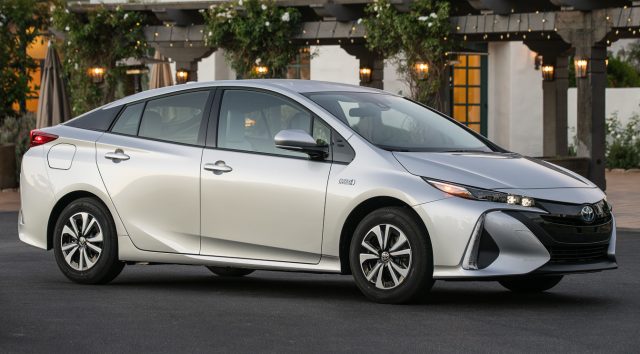
Toyota Prius Hybrid
Electric car vs gas car: Costs comparison
The price tag is a considerable factor when deciding to buy a car. EVs now seem to cost an arm and a leg to most purchasers since they often have to spend a higher initial cost on EVs than gasoline or diesel engines. But electric cars will save drivers a significant fee in the long run. Why? While gasoline prices depend on many factors, electricity prices are very stable and are actively renewable energy sources by many big technology corporations worldwide.
Besides, the cost of maintenance is a factor you'll need to consider here. Of course, there are still day-to-day expenses such as car insurance or brake and tire changes that both EVs and internal combustion engines (ICEs) will require. In particular, EVs tend to have lower maintenance costs since replacing the transmission fluid, coolant, and engine oil of an ICE vehicle can slowly assemble. But thinking twice, the cost of repairing electric cars may also be higher because of specialized components, which affects the price of maintenance.
EVs vs Fuel Cars: Performance
Generally speaking, EVs generate more torque than ICEs, which is what drives the car forward. In the combustion engine, some of the power generated by the engine is lost to the drivetrain that connects the transmission to the wheels.
An electric car is "quicker" than a conventional vehicle, refer to how long it takes you to get between two points. However, it cannot go "faster" - the maximum speed you hit. In other words, an electric vehicle has a limited range of speed.
>>> Related article: Best 6 Lowest Fuel Consumption Cars From Hyundai
Electric vs Gas: Car Selection
An immediately obvious distinction between EVs and ICEs is their fuel sources, and thus what you use to power your vehicle as a customer. ICEs run on gasoline to fuel the car, while EVs run on electricity. Electricity may come from various sources, including coal or gas burning, or renewable sources such as solar, wind, and hydropower.
Let's look at the distinctive features of the electric vehicles and gas vehicles currently available in the table below.
>>> Check out now: All Kind Of Hyundai Electric Car In The Philippines - Which One Is The Best?
Electric car vs gas car: FAQs
These are the most asked questions we got when surveying options of cars:
Q: Are EVs as affordable as gasoline cars?
A: EVs are now much cheaper.
Q: Are EVs as fast as fuel cars?
A: EVs accelerate faster than gas-powered cars and have more than enough speed for everyday use, as electric motors now are much simpler than internal combustion engines. For instance, the impressive acceleration of the Hyundai KONA Electric can reach from 0 to 100 km/h in just 9.7s.
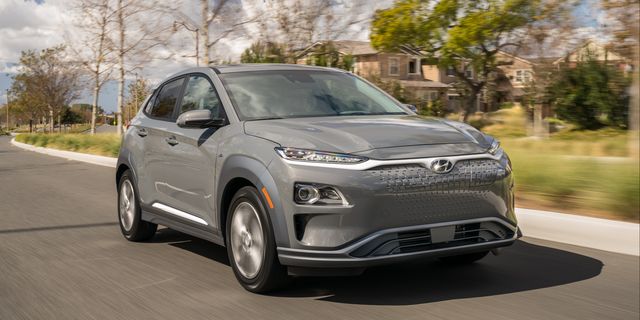
Hyundai KONA Electric
Anyway, the simplified electric car engine also has a downside. Since most EVs operate on a single-speed gear, automakers must compromise between acceleration and top speed, which often means lower top speeds compared to gas-powered counterparts.
Q: How far EVs can travel compare to fuel cars?
A: The EV range is as approximate as fuel cars. Recently, EVs can take 87% of the trip compared to gasoline-powered cars. It is a much larger number than what the customer predicts. In the future, the range of electric cars will certainly improve as technology develops, and the network of smart charging stations expands.
Final words
Although the technology is still in its infancy, it seems that the number of advantages of an electric car outweighs the downside. Thanks to the features of high efficiency, safety, fewer emissions, electric vehicles are gradually gaining affection in the most demanding customers' eyes. It is expected that the market for buying and selling electric cars will continue to develop brilliantly in the coming time. As can be seen clearly, electric vehicles are a very desirable future option.
Electric car vs. gas car - which one you prefer? Let us know right now!
>>> Visit Philhyundai.com for more automotive advice and find the best deals on Hyundai cars in the Philippines!
SIMILAR STORIES
Pros and cons of buying used cars | Should you buy a used car?
What Is The Age Limit To Get A Driver's License In The Philippines?
An Ultimate Guide on The Car Registration Renewal in the Philippines
Search a stories
FEATURED DEALERSHIPS
-
Southdrive, Blk 4 Lots 9&10, Laguna Bel Air 2, Brgy. Don Jose, Santa Rosa Laguna
-
Commerce Ave., Filinvest Corporate City, Alabang, Muntinlupa City
-
National Highway, Brgy. San Miguel, Puerto Princesa City, Palawan
-
21 A.S. Fortuna St., Banilad., Mandaue City
Recent Hyundai for sale
-
2009 Hyundai Grand Starex in Zamboanga City, Zamboanga del Sur
₱ 220,000Zamboanga del Sur, Zamboanga City -
2010 Hyundai County in San Miguel, Bulacan
₱ 1,200,000Bulacan, San Miguel -
2016 Hyundai Accent 1.4 GL 6AT in Las Piñas, Metro Manila
₱ 318,000Metro Manila, Las Piñas -
2019 Hyundai Reina 1.4 GL MT in Quezon City, Metro Manila
₱ 485,000Metro Manila, Quezon City -
2020 Hyundai H-100 2.5 CRDi GL Cab & Chassis (w/ AC) in Malolos, Bulacan
₱ 750,000Bulacan, Malolos















